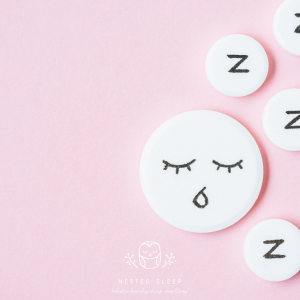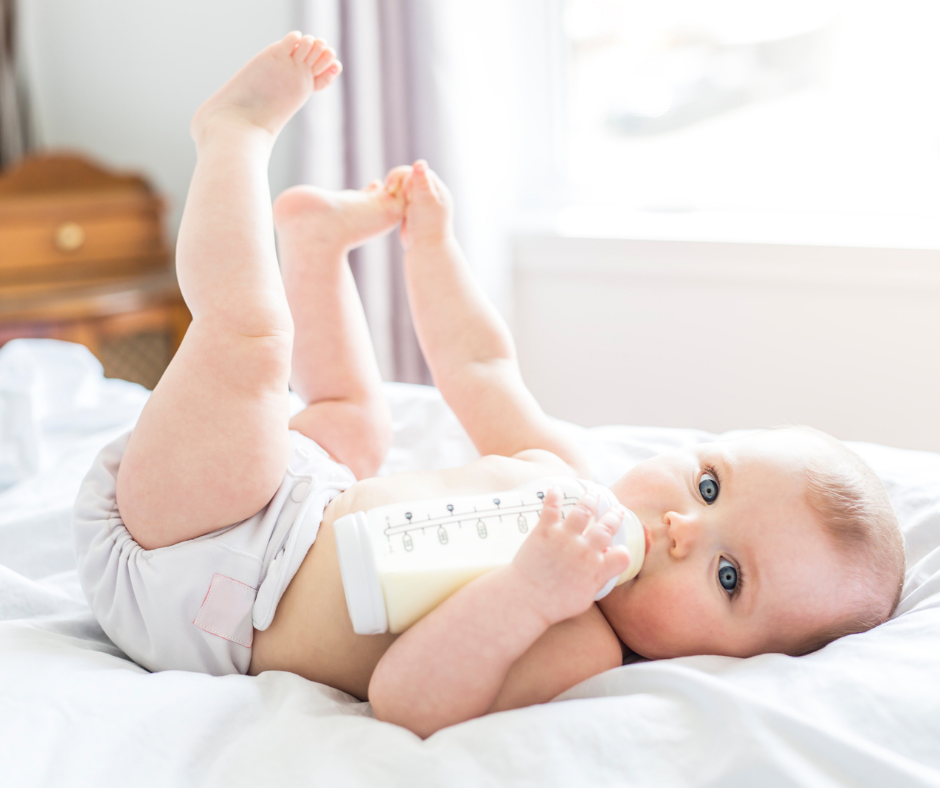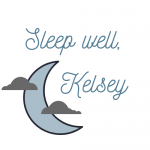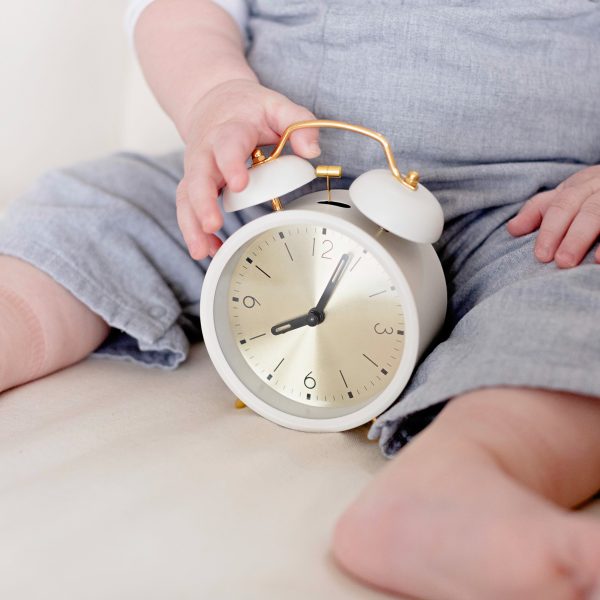
As a woman of science, I wish when I strolled down the aisle at CVS I only was presented with supplements that have been widely studied. Unfortunately, that is far from true. What is important for Americans to know is that supplements are not regulated by the Food and Drug Administration (FDA). Therefore it is up to you as the consumer to do some research, especially when giving to our youngest population.
Turkey Day and Sleep?
Many of us have heard about tryptophan and turkey putting us to sleep. L-tryptophan (the full name) is an amino acid that’s found in foods like turkey, chicken, meat, cheese, yogurt, eggs, and fish. Your body uses tryptophan and turns it into a B vitamin called niacin. Niacin plays a key role in creating serotonin, a neurotransmitter that’s associated with sleep and melatonin levels. Wow, that is a lot of body physiology to process!
So the question is, should we give kids tryptophan supplements if they have trouble sleeping? Better off saving that money for their college savings plan! There are no studies for use in kids, which is not surprising because there rarely is supporting evidence for many supplements. In adults, we have seen some studies, but low evidence (meaning the type of studies are poor) and their use is more for use in anxiety and depression vs solely for sleep (Lindseth, G., Helland, B., & Caspers, J., 2015).
How about a warm cup of milk or bottle?

Now onto milk because it does the body good right? Milk doesn’t actually put us to sleep per se, but for babies sleeping and eating is so often very closely related the first few months that they often snooze after nursing or bottle feeding.
Scientifically, there may be some link between the tryptophan and melatonin to improved sleep, but perhaps more powerful is the psychological link between warm milk and bedtime as a child. Now while milk may help babies fall asleep, it can also cause more problems overnight if your baby develops a sleep association to the bottle (AKA needs it to fall asleep AND fall back asleep). More tips on weaning the bottle here !
Now onto a widely used, but rarely studied supplement…Melatonin!
Melatonin use is on the rise! Recent data by the CDC showed that in 2020, melatonin became the most frequently ingested substance among children reported to national poison control centers. Increased sales, availability, and widespread use have likely resulted in increased access and exposure risk among children in the home.
Melatonin thankfully has been studied in children to some degree and the consensus is while melatonin plays a role in sleep; it is NOT a sleeping pill and can absolutely be overused. It should only be used after a discussion with your pediatrician and pre-established healthy sleep habits have been implemented that do not include medication.
Melatonin may be a short-term way to help some kids get rest while you keep trying to establish good bedtime routines. It may also help some older children and teens reset sleep schedules―such as after vacations, summer breaks, or other interruptions. In terms of long term use, practice guidelines from the American Academy of Sleep Medicine (2017) and the American College of Physicians (2016), say that there’s not enough strong evidence on the effectiveness or safety of melatonin supplementation for chronic insomnia to recommend its use in the long term.

Sorry if this post was too “nerdy”, I get passionate about educating people about the safety of what we give our kids. The important takeaway is supplements are medicines too. Mention them to your child’s care provider, discuss the benefits and side effects, and ask about their use. These days we need more than just prescription medication to stay healthy and rested. And most importantly behavioral insomnia is a treatable condition and rarely are supplements needed at all. For the most part having education, a plan, and support will get your kiddo sleeping well this Turkey day and beyond. Need help getting on the right track without supplements? Book a free discovery call with me here so we can make your nest a rested one!
I hope you have a wonderful Thanksgiving and then have a good snooze afterward!

References:
Andersen LP, Gögenur I, Rosenberg J, et al. The safety of melatonin in humans. Clinical Drug Investigation. 2016;36(3):169-175.
Esposito, S., Laino, D., D’Alonzo, R., Mencarelli, A., Di Genova, L., Fattorusso, A., … Mencaroni, E. (2019). Pediatric sleep disturbances and treatment with melatonin. Journal of translational medicine, 17(1), 77. doi:10.1186/s12967-019-1835-1
Lindseth, G., Helland, B., & Caspers, J. (2015). The effects of dietary tryptophan on affective disorders. Archives of psychiatric nursing, 29(2), 102–107. doi:10.1016/j.apnu.2014.11.008
Lelak K, Vohra V, Neuman MI, Toce MS, Sethuraman U. Pediatric Melatonin Ingestions — United States, 2012–2021. MMWR Morb Mortal Wkly Rep 2022;71:725–729. DOI: http://dx.doi.org/10.15585/mmwr.mm7122a1


